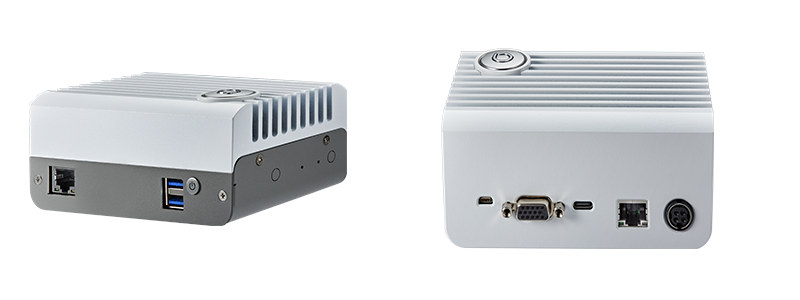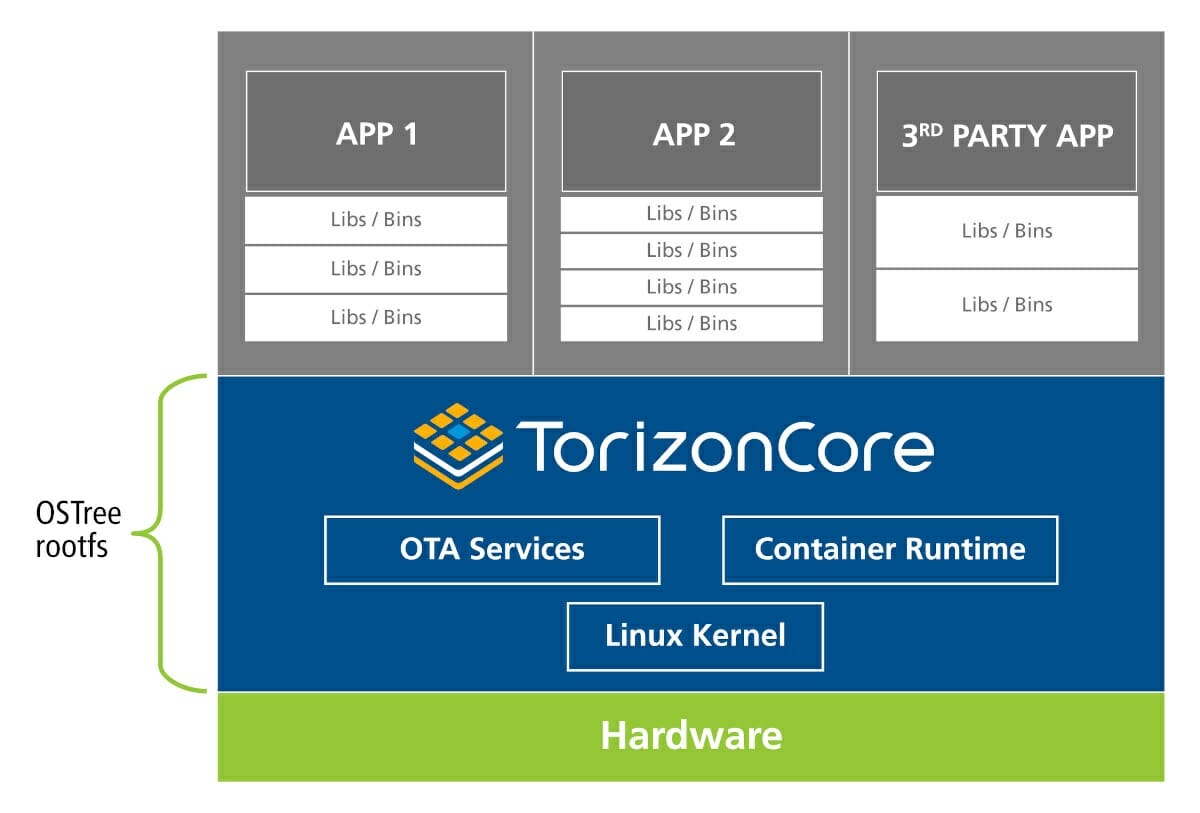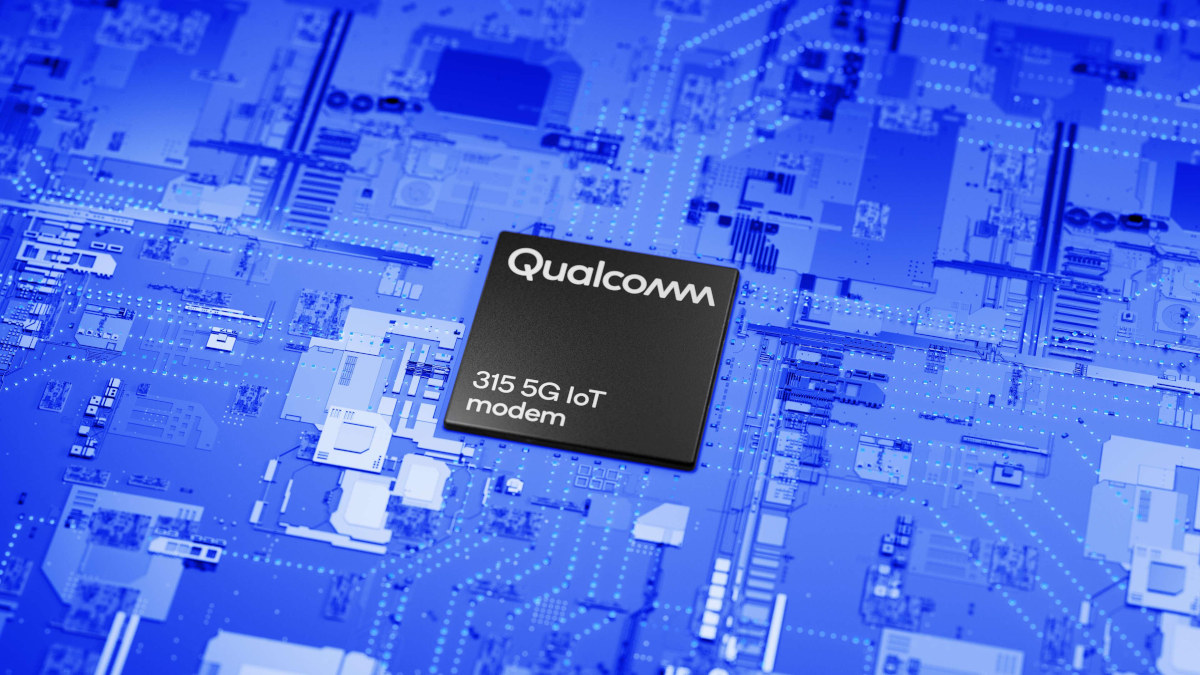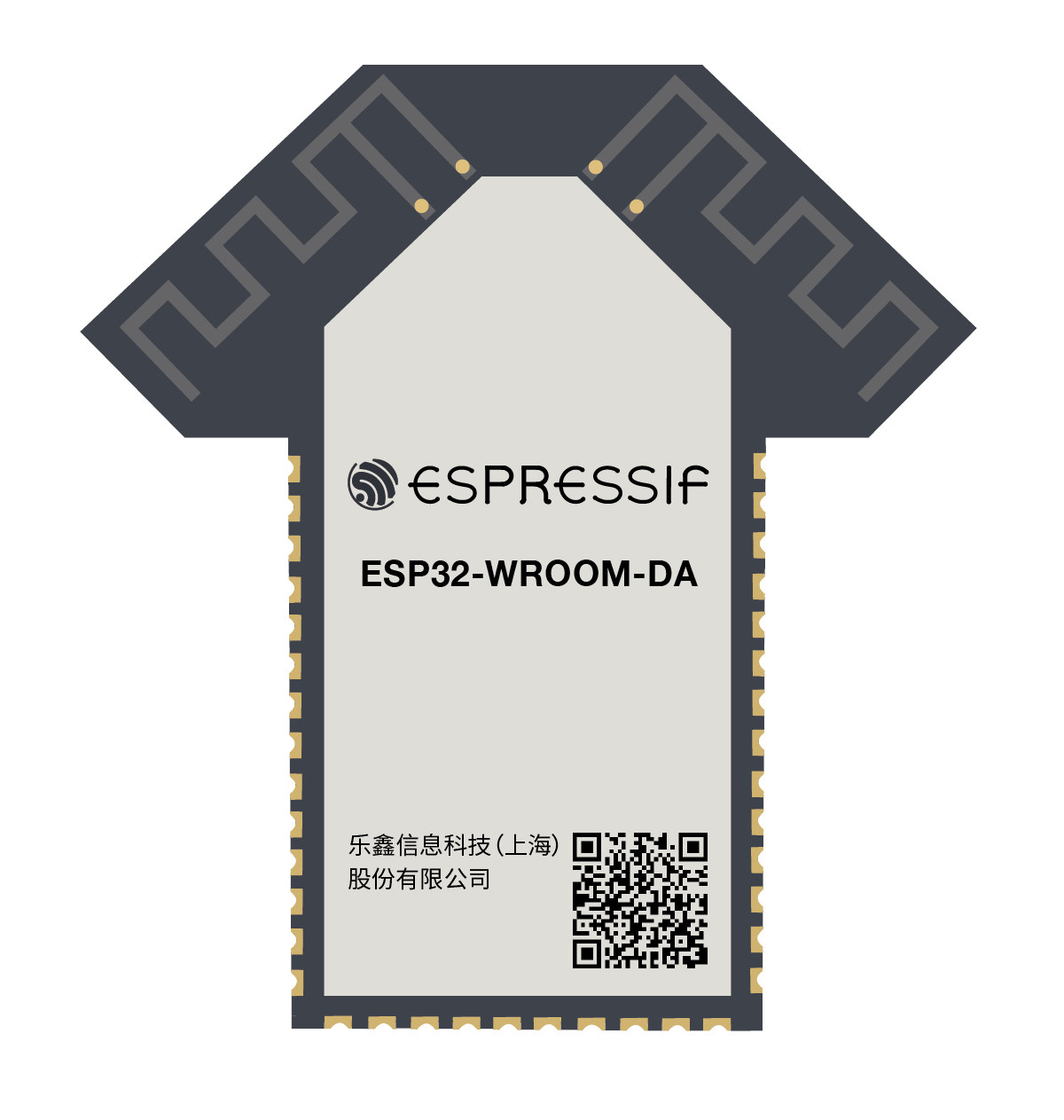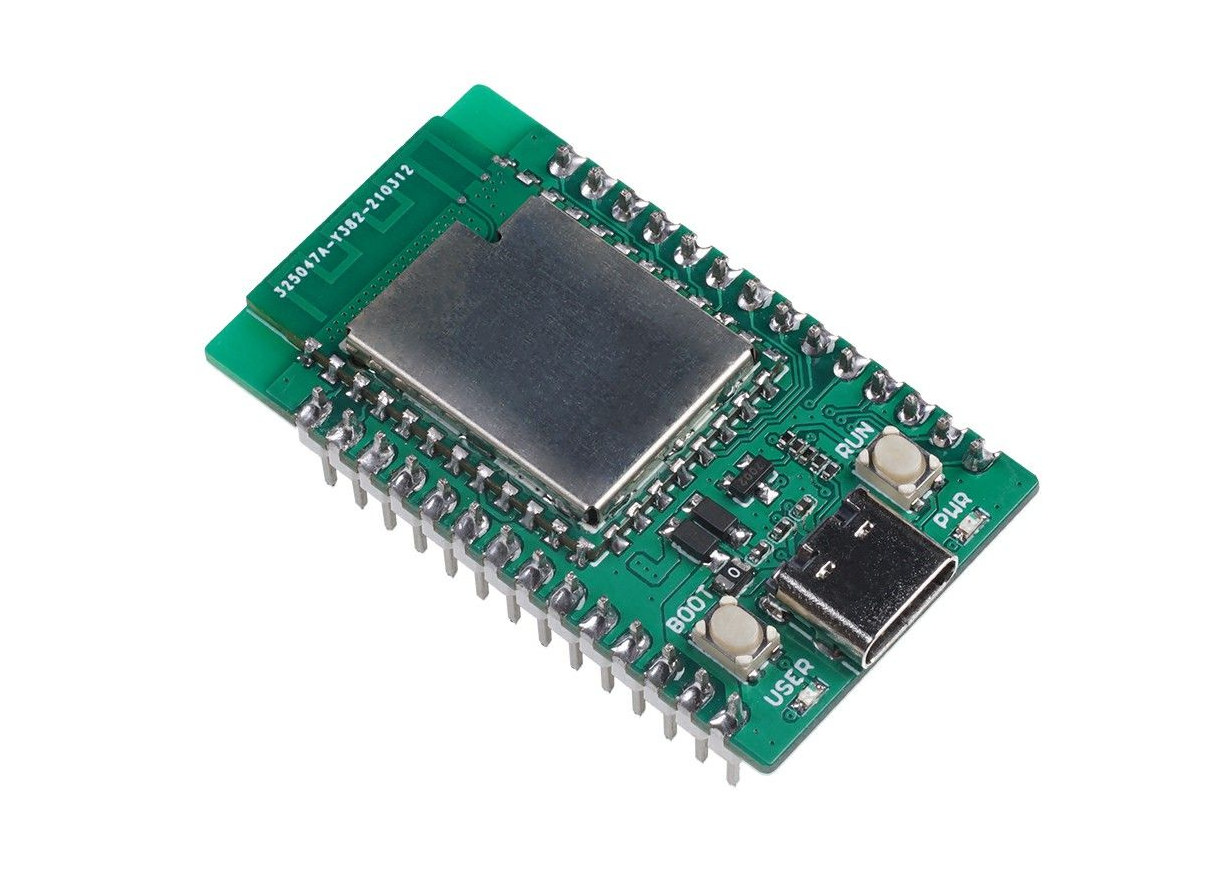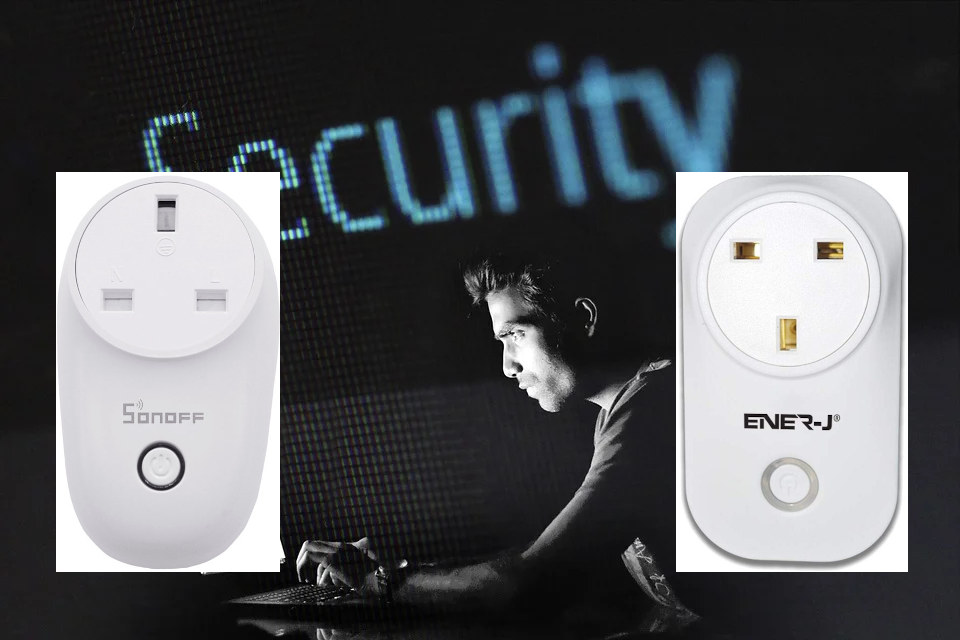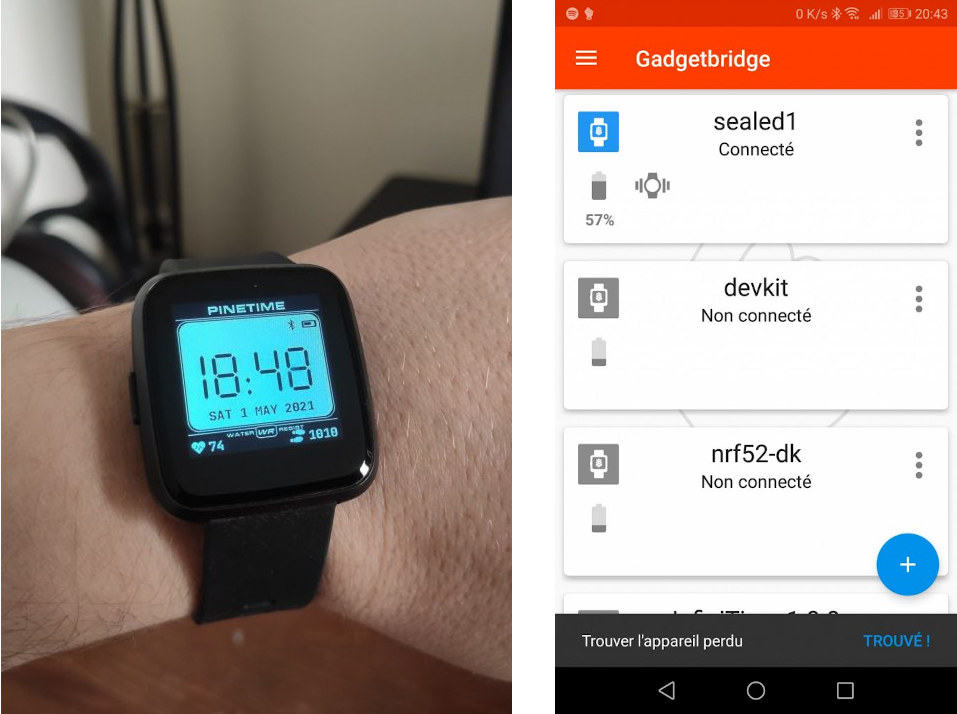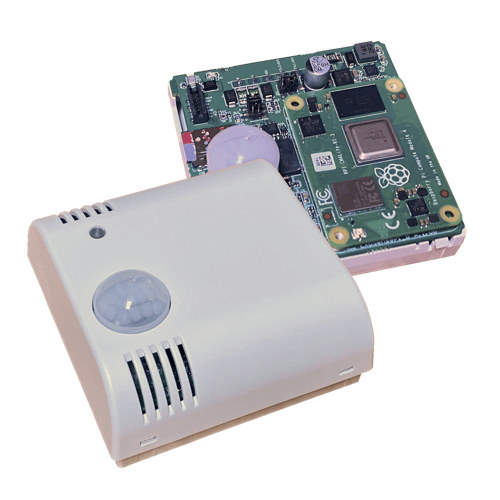NVIDIA Jetson modules offer a wide range of AI performance starting from the entry-level 492 GFLOPS Jetson Nano module up to the 32 TOPS Jetson AGX Xavier platform. That’s probably Aetina decided to offer its DeviceEdge Mini AI edge solution with either Jetson Xavier NX, Jetson Nano, or Jetson TX2 NX pin-compatible SO-DIMM modules designed for applications in smart transportation, factories, retail, healthcare, AIoT, robotics, etc… The three models M1, M2, and M3 can all take the Jetson modules listed above, and come in a very similar form factor with the following key features: Common features: Storage – 128GB M.2 NVMe SSD (default) Video Output – Micro HDMI 1.4 connector Networking – Gigabit Ethernet RJ45 port, optional WiFi/Bluetooth M.2 module USB – 1x USB Type-C OTG only port Expansion 1x M.2 2242 M-key socket fitted with NVMe SSD 1x M.2 2230 E-key socket for optional Wifi/BT function 1x DB15 male […]
Combining OSTree and SW Containers for reliable IoT Device updates
CNXSoft: This is a guest post by Drew Moseley, Technical Solutions Architect at Toradex, explaining how the company updates Linux IoT devices firmware with OSTree (aka libostree) open-source operating system build and deployment tool, as well as Docker software containers. Every day more and more connected devices are being brought to market and estimates for the total size of the Internet of Things (IoT) market are as high as $1.5 trillion by 2027. Gas pumps, medical devices, and point of sale systems are increasingly connected, making it virtually impossible to avoid interacting with these devices, even for complete Luddites. In the home, devices such as power meters, light switches, and security cameras are commonly internet-enabled allowing for smart home functionality. The level of complexity in the software for these devices increases with the functionality, and the number of devices with software defects in the field is growing. In many cases, […]
Qualcomm 315 5G IoT modem announced for 5G IIoT applications
Qualcomm has announced the Qualcomm 315 5G IoT modem just a couple of days after the company’s introduction of Snapdragon 778G 5G SoC and M.2 5G card reference designs based on Snapdragon X65/62 modem. Qualcomm Technologies say it is their first purpose-built Internet of Things modem solution equipped with 5G connectivity and optimized for Industrial IoT (IIoT) applications. Qualcomm 315 5G IoT modem Qualcomm 315 5G IoT modem specifications: CPU – Cortex-A7 core running Linux Cellular connectivity 5G Technology – 3GPP Rel.15 5G NR Peak speeds – Download: 1.54 Gbps; upload: 330 Mbps Modes – SA (standalone), TDD & FDD RF – Adaptive antenna tuning, power tracking Sub-6 GHz Specs – 100 MHz bandwidth, 4×4 MIMO DL, 64 QAM DL/UL 4G LTE Technology – Rel.15 Cat.13 DL, Cat.5 UL Peak speeds – Download: 400 Mbps; upload: 75 Mbps LTE Modes – TDD & FDD LTE RF – 700 MHz to […]
ESP32-WROOM-DA dual PCB antenna WiFi module aims for longer range, better reliability
Espressif Systems ESP32-WROOM-DA is another ESP32 based WiFI & BLE module with a twist as its dual PCB antenna design aims to provides a longer range and more reliable connectivity by automatically switching to a specific PCB antenna depending on signal strength. The new module features ESP32-D0WD-V3 dual-core Xtensa LX6 dual-core processor with a maximum frequency of 240 MHz, along with 520 KB of SRAM and 448 KB of ROM, and has been designed to be pin-to-pin compatible with ESP32-WROOM-32E module found in products such as Pico Wireless, in order to ease migration between the two modules. Espressif did not provide detailed specifications for the new WiFi module, but assuming it’s mostly based on ESP32-WROOM-32E design, ESP32-WROOM-DA should have the following key features & specifications: WiSoC – Espressif Systems ESP32-D0WD-V3 embedded, Xtensa dual-core 32-bit LX6 microprocessor, up to 240 MHz with 448 KB ROM for booting and core functions, 520 […]
A compact Raspberry Pi RP2040 WiFi board – Meet $12.95 Wio RP2040 mini
Seeed Studio has launched another Raspberry Pi RP2040 WiFi board with the compact Wio RP2040 mini development board that provides a cheaper and more compact alternative to ESP32 based Pico Wireless carrier board and Arduino Nano RP2040 Connect, albeit at the cost of providing fewer I/O pins, and lacking Bluetooth LE. Wio RP2040 mini dev board specifications: MCU – Raspberry Pi RP2040 dual-core Cortex M0+ microcontroller up to 133 MHz with 264 kB of embedded SRAM Storage – 2MB QSPI Flash Memory WiFi – 2.4 GHz 802.11b/g/n WiFi 4 supporting AP & station modes USB – USB 1.1 Type-C host/device port for programming Expansion – 2x 14-pin headers with 20x multifunctional GPIO pins supporting PIO and PWM, 2x UART, 4x ADC, 2x SPI, 2x I2C. Misc – Boot & Reset(RUN) buttons, Power and user (GP13) LEDs Power Supply 5V via USB-C port(default) 3.6-5V via Vin header pin Dimensions – 45.5 […]
Sonoff & Tuya smart plugs found to transmit unencrypted passwords
There are many low-cost smart plugs based on ESP8266 that provide a convenient way to control lights or home appliances with your smartphone. But cybersecurity firm A&O IT Group found vulnerabilities in ITEAD’s Sonoff S26 and Ener-J Wi-fi (Tuya) smart plugs that would allow an attacker to easily access your wireless network. The first security vulnerability is pretty common and hard to exploit since it’s only a concern during the setup. Sonoff S26 starts itself into access point mode with ITEAD-1001xxxxxx SSID, and is set up through the eWelink app with the user not needing to know the password. But with older firmware is was needed, so ITEAD still shares the default password: 12345678 in the user manual, and it can be used to connect to the smart plug by anyone. But once configured, it’s not accessible anymore as the smart plug should be in client mode connected to your […]
Why you should request open-source software for your IoT devices
I usually think of open-source hardware and/or software are enabling skilled people to more easily fix bugs, improve on the design, get feedback from the community, etc… But in a world where IoT devices become more prevalent, there’s another reason why you should request open-source software: Long term support. What made me think about are two things. The first one if that I own WeLoop Hey 3S smartwatch, which I love and wear since March 2018. That’s quite a feat since most cheap devices I own often only last a few months or a year or so. I’m also used to the watch face and Weloop app interface. So what’s the problem exactly? WeLoop company closed on December 31, 2019, and while the app worked fine for about a year after that, recently I have been unable to login to the app to access my data and/or update settings for […]
Raspberry Pi CM4 based Exo Sense Pi multi-sensor device gets optional earthquake sensor
Sfera Labs’ Exo Sense Pi is a device with multiple environmental sensors based on the 2GB version of the Raspberry Pi CM4 module designed for residential and commercial applications such as environmental monitoring and data gathering, BLE positioning, indoor people and assets tracking, rooms management and access control, voice control, and more. The Exo Sense Pi devices include optional WiFI 5 and Bluetooth 5.0 LE connectivity depending on the RPI CM4 module selected, and ships with temperature, humidity, air quality (VOC), light intensity, microphone, and PIR motion sensors by default, but there’s also an optional earthquake sensor. Exo Sense Pi specifications: SoM – Raspberry Pi CM4 (16GB eMMC flash) or CM4 Lite module with 2GB RAM by default. But obviously compatible with other models. Storage – MicroSD card socket for CM4 Lite module Wireless connectivity – 2.4 GHz, 5.0 GHz IEEE 802.11 b/g/n/ac wireless; Bluetooth 5.0, BLE depending on installed […]


